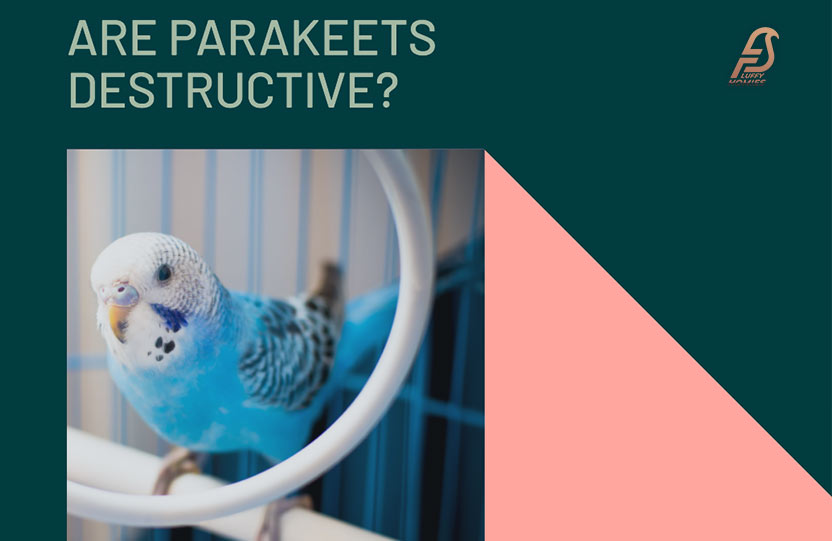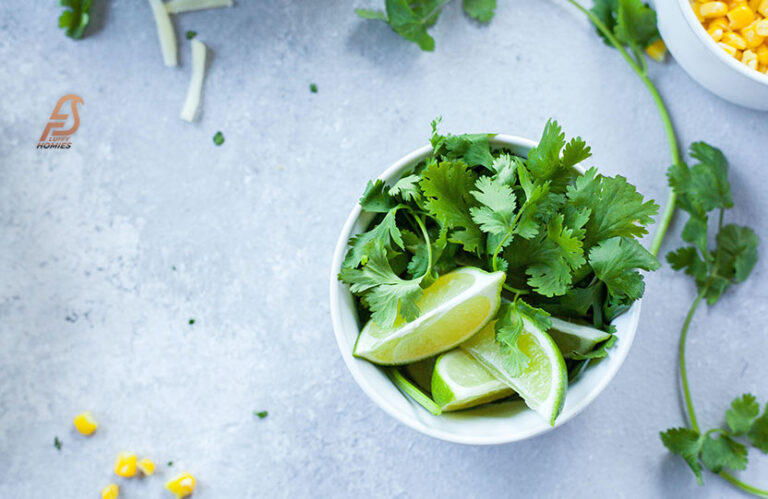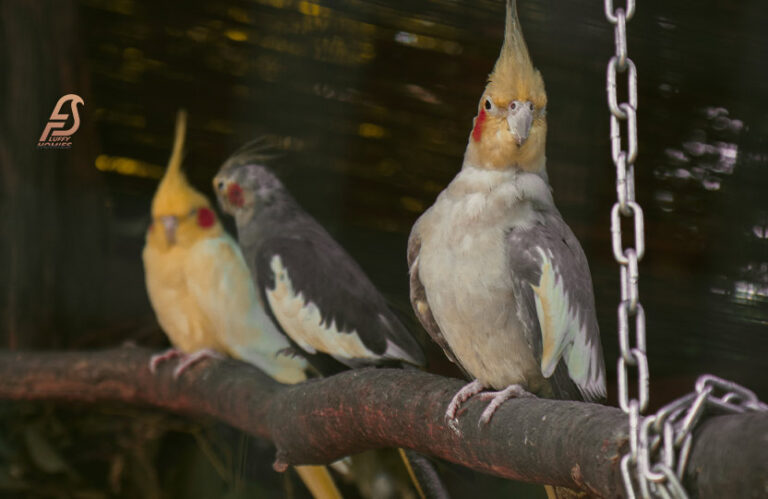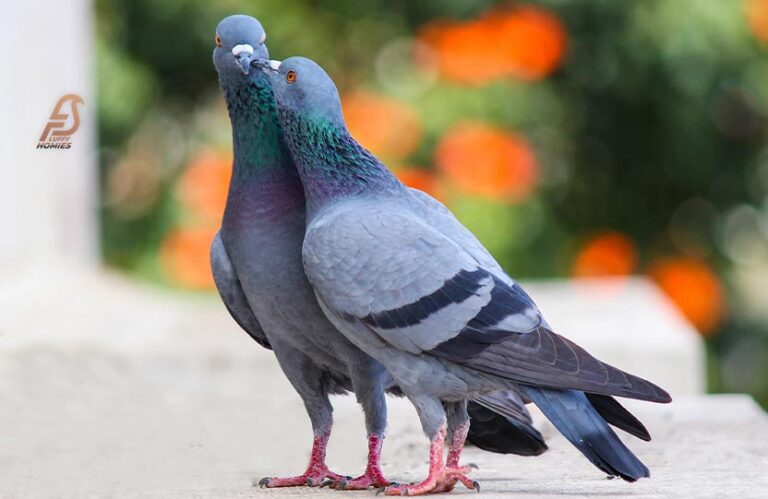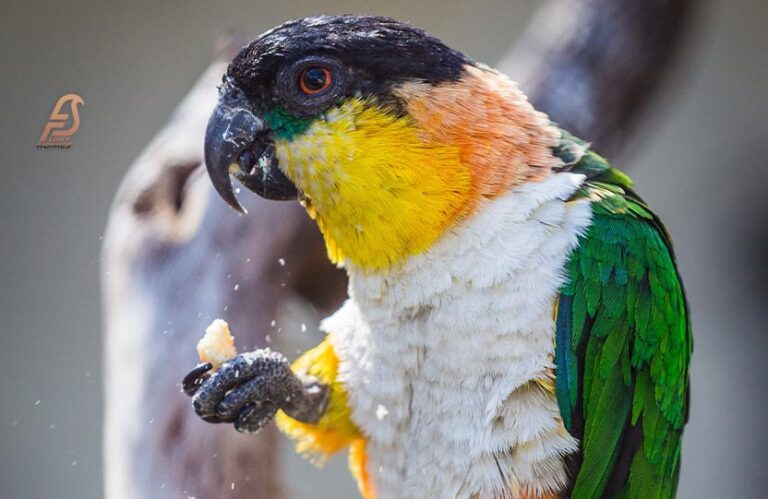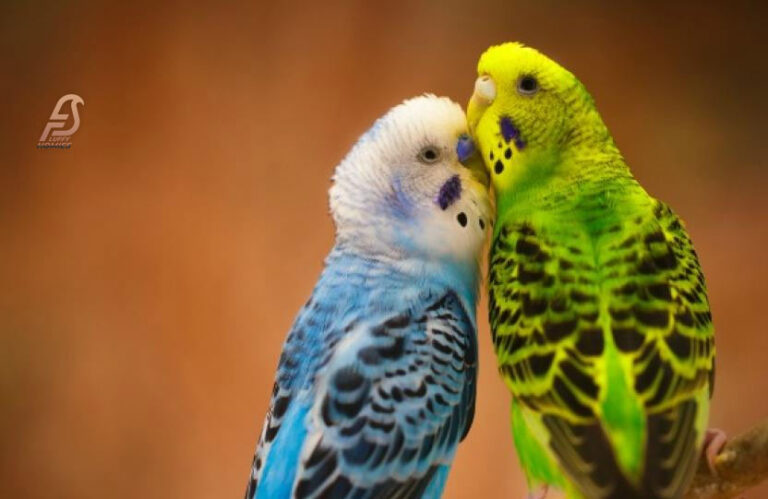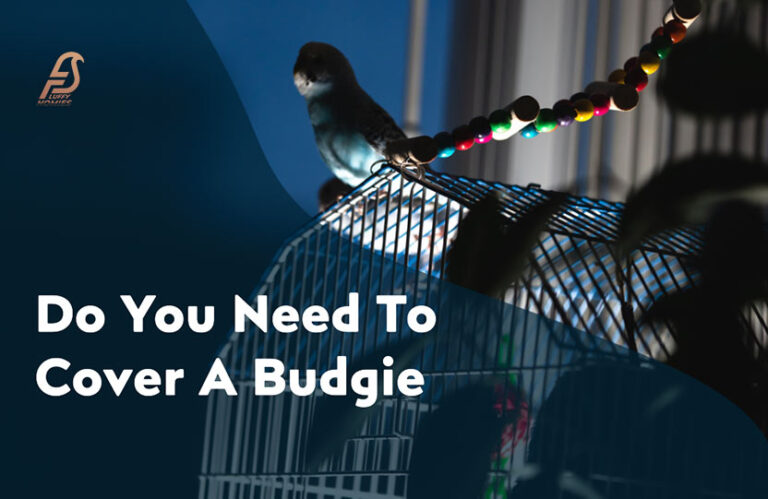Are Parakeets Destructive? (Unleashed The Mystery in 2023)
Parakeets are lively, social birds that make wonderful pets. They are known for their cheerful personalities, playful nature, and their ability to mimic human speech.
However, as with any pet, parakeets have their own unique set of behaviors and needs.
One common concern among prospective bird owners is whether parakeets are destructive and how to prevent damage to their homes.
In this article, we will provide a comprehensive guide to help you understand whether parakeets are destructive or not and how to keep them happy and healthy.
Are Parakeets Destructive?
Parakeets are active birds that love to climb, explore, and play. They have strong beaks that are capable of chewing through wood, plastic, and other materials.
However, this does not mean that parakeets are inherently destructive.
With proper care and training, parakeets can learn to channel their energy into positive activities and avoid damaging behaviors.
Common Destructive Behavior of Parakeets
Parakeets can exhibit a range of destructive behaviors, which can include chewing, screaming, and feather plucking.
Chewing
Parakeets have strong beaks that they use to chew on various objects. However, this can become a problem when they start to chew on furniture, walls, or other household items.
This behavior can cause damage to your property and even pose a risk to your bird’s health if they ingest something harmful.
Screaming
Parakeets are social creatures and often use vocalizations to communicate with their flock. However, excessive screaming can be disruptive to your household and your neighbors.
Feather Plucking
Feather plucking is when a parakeet pulls out its feathers. This behavior can be a sign of stress or boredom and can lead to serious health problems if left untreated.
Why Parakeets(Budgies) Are Destructive?
Understanding the reasons behind your parakeet’s destructive behavior is the first step to preventing it.
Boredom and Lack of Stimulation
Parakeets are intelligent birds that need mental stimulation to stay healthy and happy.
If they do not have enough toys or activities to occupy their time, they may start to exhibit destructive behavior.
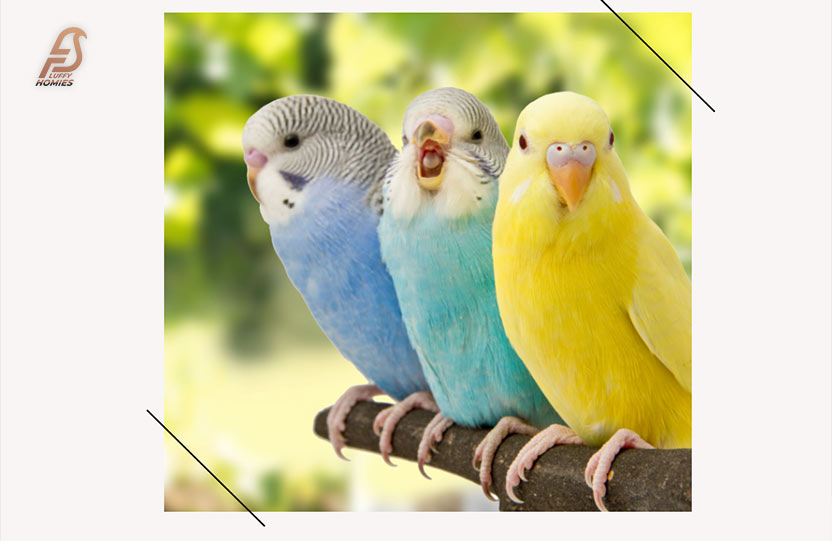
Lack of Exercise
Parakeets need regular exercise to stay healthy and maintain a healthy weight.
If they do not have enough space to fly or exercise, they may become restless and start to engage in destructive behavior.
Lack of Socialization
Parakeets are social birds that thrive on interaction with their owners.
If they do not receive enough attention or time outside of their cage, they may become bored and start to exhibit destructive behavior.
Health Issues
In some cases, destructive behavior can be a sign of underlying health issues such as infections, parasites, or nutrient deficiencies.
It is important to schedule regular vet visits to ensure that your parakeet is healthy and receiving proper care.
Why Does My Budgie Chew Everything?
Budgies are known for being active and curious birds, and chewing is a natural behavior for them.
Chewing helps them to maintain their beaks, which are constantly growing, and also helps them to explore and interact with their environment.
However, excessive chewing can sometimes be a sign of boredom, stress, or a lack of proper toys and enrichment in their cage.
Related Articles
- Can Budgies Kill Each Other?
- Why Are My Budgies Feet Hot?
- Are Parakeets Good Parents?
- Why Is My Budgie Panting?
How to Prevent Destructive Behavior in Parakeets?
To prevent destructive behavior in your parakeet, it is important to provide them with a stimulating environment and plenty of opportunities for exercise and play.
Here are some tips for keeping your parakeet content and well-behaved:
Provide Plenty of Toys
Parakeets love to play, and providing them with a variety of toys can help prevent boredom and destructive behavior.
Toys that encourage climbing, chewing, and foraging are especially beneficial. Examples of suitable toys include swings, ladders, bells, and puzzle toys that can be filled with treats.
Offer Nutritious Food
A healthy diet is important for the overall health and well-being of your parakeet.
Offer a variety of fresh fruits, vegetables, and high-quality commercial bird food to ensure that your bird is getting the nutrients they need.
Avoid feeding your parakeet avocado, chocolate, caffeine, alcohol, and other foods that are toxic to birds.
Allow for Plenty of Exercises
Parakeets are active birds that require plenty of exercises to stay healthy and happy. Provide your bird with a spacious cage that allows for plenty of room to climb, fly, and play.
You can also allow your parakeet to explore your home under supervision, but be sure to bird-proof the area first.
Socialize Your Parakeet
Parakeets are social birds that enjoy the company of other birds. Consider getting a companion bird for your parakeet, or spend plenty of time interacting with your bird each day.
Talking, singing, and whistling to your parakeet can help them feel more comfortable and content.
Train Your Parakeet
Training your parakeet can help prevent destructive behavior and build a stronger bond between you and your bird.
Some basic training techniques include teaching your bird to step up onto your hand, come when called, and learn simple commands.
Positive reinforcement techniques, such as offering treats and praise, can be used to encourage good behavior.
Provide a Comfortable Environment
To keep your parakeet happy and healthy, it is important to provide them with a comfortable environment.
This includes a spacious cage with plenty of room to move around, perches of different sizes and textures, and a variety of toys to play with.
It is also important to keep your bird’s cage clean and provide fresh food and water daily.
Do Parakeets Make Your House Smell?
Parakeets generally do not produce a strong odor that will make your house smell.
However, like all pets, they do require regular cleaning and maintenance to keep their living area fresh and clean.
One way to minimize any potential odor is to regularly clean their cage and the surrounding area.
This includes removing any uneaten food, replacing soiled bedding, and wiping down any surfaces with a bird-safe cleaner.
Additionally, providing good ventilation in the room where the bird is kept can help reduce any stale air and keep the area smelling fresh.
It’s also important to note that some birds can be more prone to producing dander, which can contribute to allergies or respiratory issues in sensitive individuals.
Regularly grooming your bird, such as bathing them or misting them with water, can help reduce the amount of dander they produce.
Conclusion
Parakeets are lively, social birds that make wonderful pets for the right person.
While they have the potential for destructive behavior, with proper care and training, parakeets can learn to channel their energy into positive activities and be well-behaved pets.
By providing a stimulating environment, plenty of exercises and social interaction, and a comfortable living space, you can ensure that your feathered friend stays healthy, happy, and well-behaved.
If you are considering getting a parakeet as a pet, remember that they are a long-term commitment and require daily care and attention.
With the right approach, however, you can enjoy a rewarding relationship with your feathered friend for many years to come.
FAQs
Why are parakeets so destructive?
Parakeets are naturally curious birds with strong beaks and an innate desire to chew. They may damage furniture, plants, and other household items as a result.
What problems do parakeets cause?
Parakeets may cause noise pollution, damage household items, and create messes. In outdoor environments, they can also harm crops and compete with native bird species for resources.
Is it cruel to keep a parakeet?
It depends on the quality of care the parakeet receives. Proper housing, diet, socialization, and veterinary care can ensure a happy and healthy life for the bird.
Are parakeets messy birds?
Yes, parakeets can be messy birds. They can scatter seed hulls and feathers around their cages and may also throw food and water outside of their dishes.
